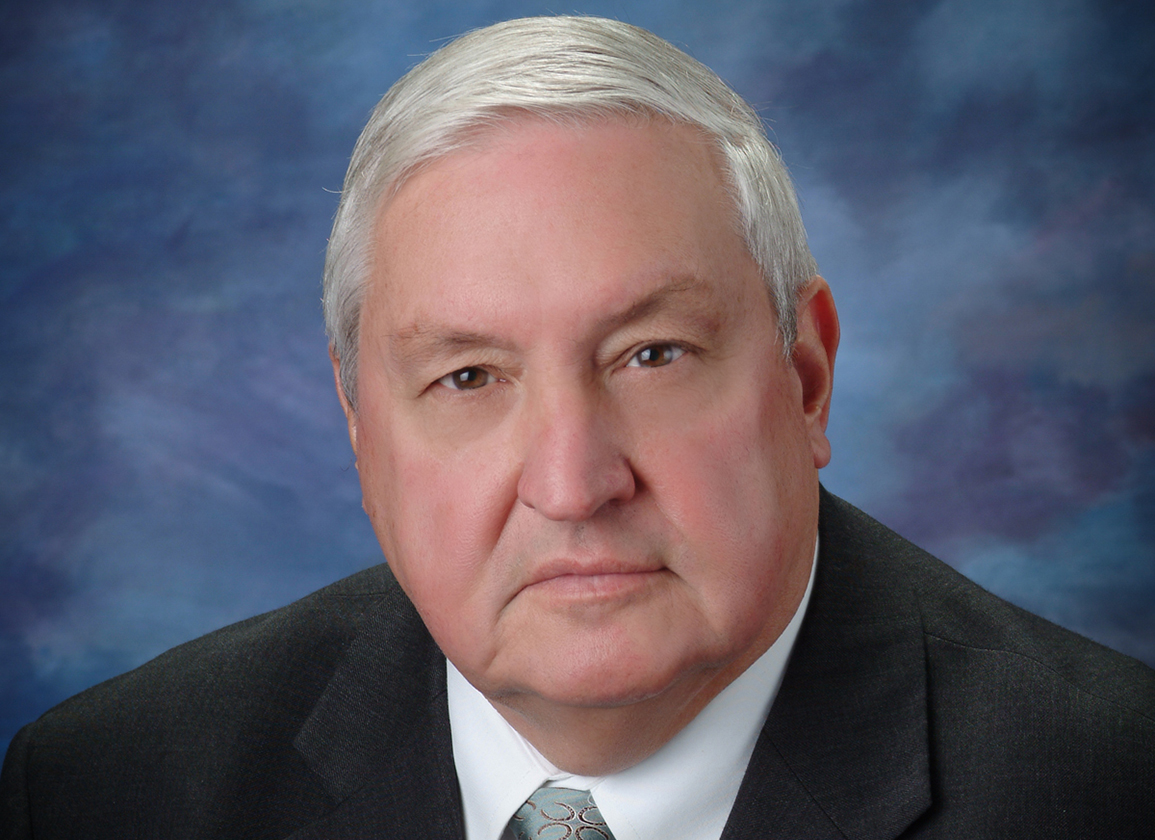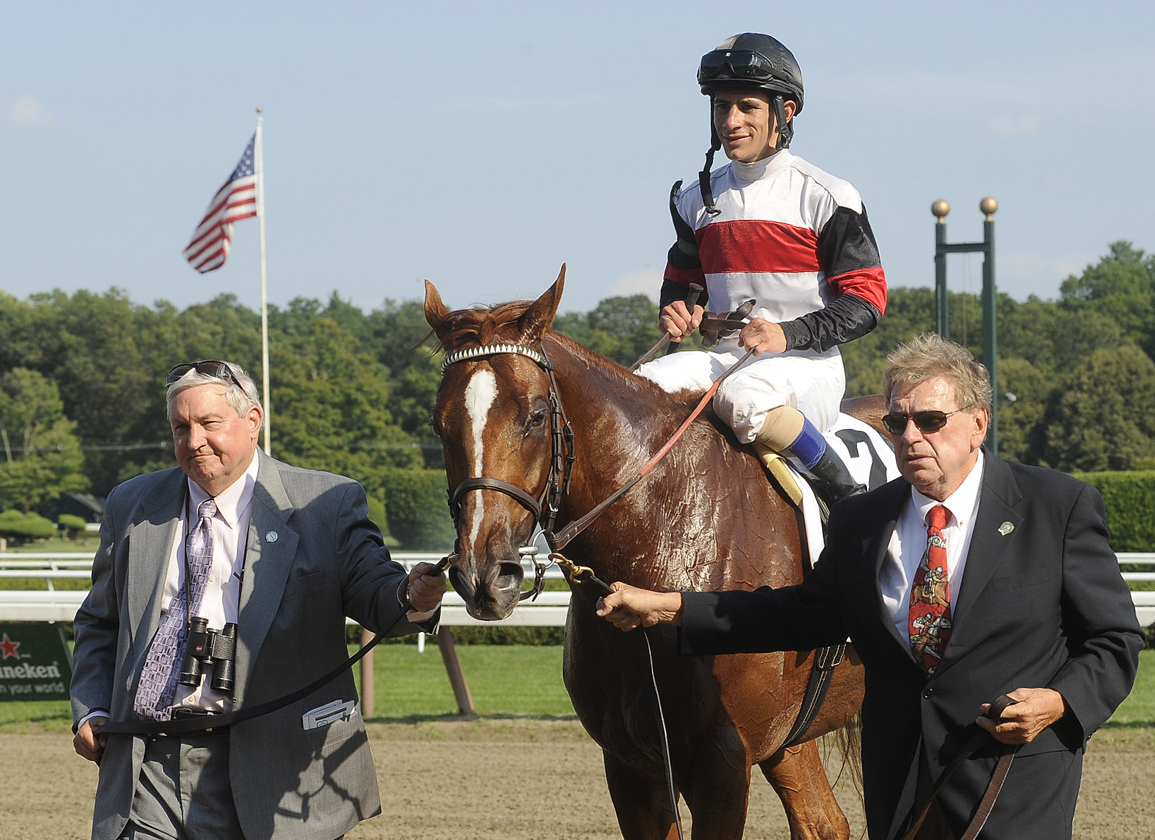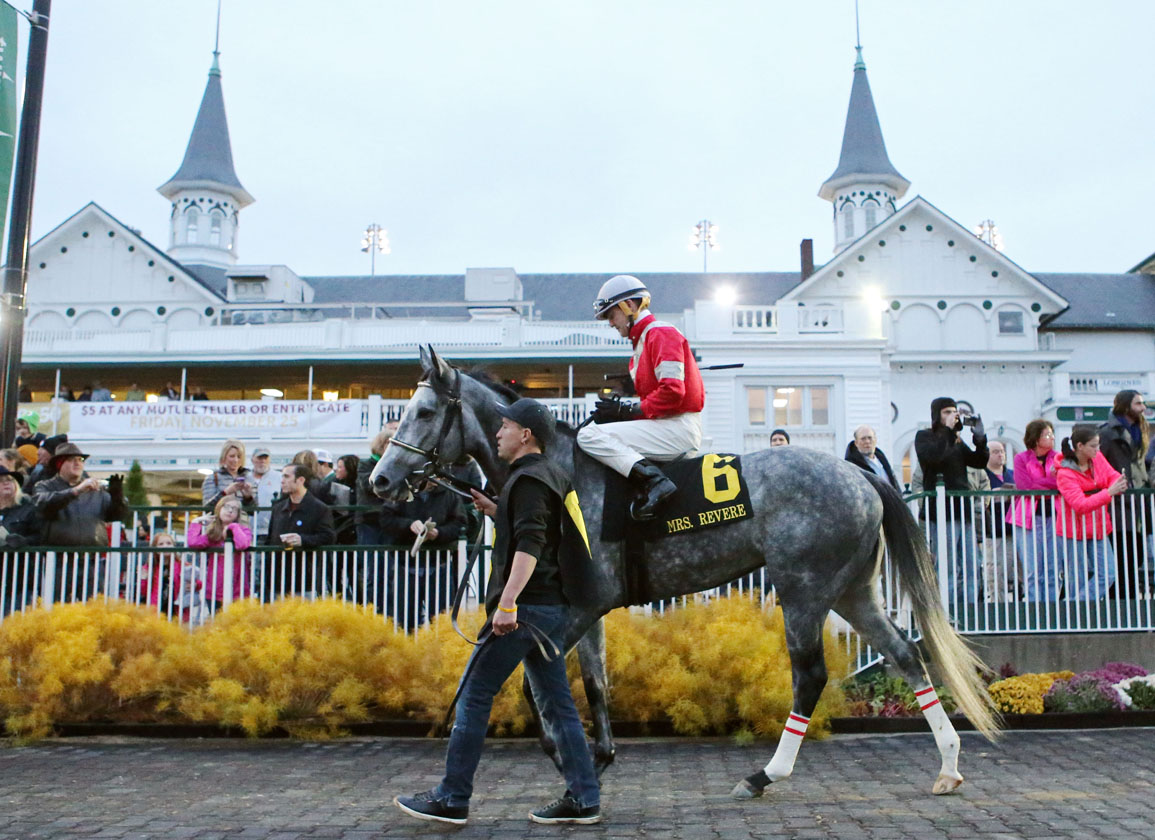By Chris McGrath
Three years ago this week, at the September Sale, I was privileged by as powerful a reminder as I'd enjoyed in a long time as to why this is such a great business. Not in the sale ring itself, watching the billionaires puffing out and locking antlers, but just sitting in the pavilion lobby with a guy who had been born in a one-room house to teenage parents–and had spent the intervening seven decades accumulating the kind of riches, being contingent on a mighty intellect and noble heart, that would forever elude most of those flaunting their wealth just a few yards away.
It was supposed to be a quick chat over a coffee, but as each hour ran into the next, the talk became ever more wide-ranging and fascinating. And, of course, he kept being interrupted: every other face that came through the door would light up, “Hey Doc!”, another handshake, often a murmured exchange on the well-being of some relative or neighbor or colleague, and often too, in parting, a warm expression of thanks for everything he had done.
And now, correspondingly, a whole community finds itself reeling at the loss of one who represented us so flatteringly in a wider, less frivolous world.
Dr. J. David Richardson is irreplaceable enough, purely in terms of a contribution formally measurable in his generous service on so many industry bodies over the years. But even that void does not begin to compare with the abrupt effacement from our midst of a friend to all ranks, from hotwalkers to tycoons.
As one of the most decorated surgeons in the land, Doc was always an amateur on the Turf. But he was no dilettante. He took great pride in the way he had honed his eye, wearing out his soles around the barns, of course mentored by none other than Woody Stephens (his “uncle”, actually his father's cousin). Richardson recommended Danzig as a yearling; and a shortlist of four put together for James Mills in 1985 included Gone West, who was purchased, and Alysheba, who was not.
But “Doc” also knew that the Thoroughbred is primarily a vehicle of humility. That day at Keeneland he derided the agents who would be going round telling clients that such-and-such a yearling “ticked all the boxes”. Because every year at Saratoga he would see horses that had cost a million bucks running down the field, when the winner cost $22,000, and the second $9,000. “And I wonder if they ticked all the boxes, too!” he said with a grin. “But that's what makes it fun.”
As a man of science, equally, he deplored the shortcuts sold to those of sufficient credulity. Data might be legible across the horse population, but individual capacities depended on too many intangibles. Cardiac physiology, for instance, was not a question of heart size but of function and efficiency. And even that, terribly complex as it was, remained only one element in a huge equation of attributes that had to cohere unreadably to meet the pressures of race day.
One apt memorial to Richardson, then, would be for prospectors returning to Keeneland this week to respect the lore and instinct that always governed stockmanship–and Richardson, typically, had been receptive to lessons learned with a friend who bred Hereford cattle–and to reject the “snake oil” or the software programs where it is often found today.
He remembered going out to Hermitage in 1982 with longtime racing partner Dr. Hiram Polk, to see a yearling filly they had entered for a sale. She was probably the smallest of maybe 20 fillies, but they all got out of her way when she wanted the feed tub. Who would perceive this alpha female in such a diminutive filly at the sales? They scratched her, and in their silks Mrs. Revere was a Grade I-placed, 12-time winner, since honored by a Grade II at Churchill.
If hardly any among us can begin to emulate Richardson in terms of professional achievement, then that should not stop us at least aspiring to his example in our family lives, or as donors of time, energy and experience to our community. Because he valued none of his cerebral gifts above the compassion available to the least of us.
Doc always told students that a little bit of you will die with every patient you lose. But their purpose in life was to help people through traumatic situations as best they could; to be confident–not arrogant, but definitely confident–in their skills; and to accept that some unpredictability of the human organism is unalterable. “I think if you are a compassionate person, it never gets easy,” he said. “If it does, then I worry about you. But if you do something out of love, then you never do the wrong thing.”
It is not as though a man who salvaged so many lives from the brink had failed to contemplate his own mortality. A few years ago he had survived a health crisis that allowed him to nurse his wife through her final days; and then, happily, to be consoled by new love and remarriage. But now that unpredictable human organism has pulled a vicious shock on us all, with grief rippling out in widening circles from what has always been a very close family.
Our society has few enough men of this stamp, never mind the narrow walk of sporting life we tread. Doc's passion for Thoroughbreds dignified our whole business. He made you feel that if such a sage and accomplished human being could be equally enthused, then ours could not just be some trivial, dumbass obsession. So if we borrowed something of his human luster, while blessed by his living example, let's now try to honor Doc by preserving it as our own–in how we engage with this business, and with each other.
Not a subscriber? Click here to sign up for the daily PDF or alerts.








